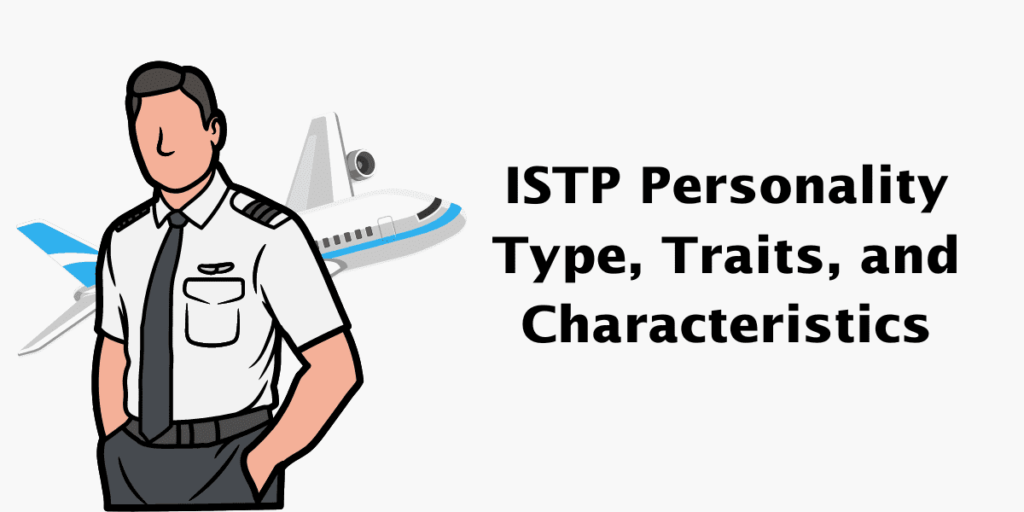
Contents
ISTP Description
Someone with ISTP personality type is independent, adaptable, and objective. Their primary function is Introverted Thinking, which helps them to analyze data and point out inconsistencies. Meanwhile, their auxiliary function is Extraverted Sensing – this makes them people who tend to process information through their five senses. They often enjoy working with their hands while evaluating a complex system; deconstructing and reconstructing it in order to learn how it works better.
ISTP Traits
- Interested in how and why things work
- Do not function well in regimented, structured environments; they will either feel
stifled or become intensely bored - Constantly gather facts about their environment and store them away
- Have an excellent ability to apply logic and reason to their immense store of facts
to solve problems or discover how things work - Learn best “hands-on”
- Usually able to master theory and abstract thinking, but don’t particularly like
dealing with it unless they see a practical application - Action-oriented “doers”
- Focused on living in the present, rather than the future
- Love variety and new experiences
- Highly practical and realistic
- Excellent “trouble-shooters”, able to quickly find solutions to a wide variety of
practical problems - Results-oriented; they like to see immediate results for their efforts
- Usually laid-back and easy-going with people
- Risk-takers who thrive on action
- Independent and determined – usually dislike committing themselves
- Usually quite self-confident
ISTP Strengths & Weakness
An ISTP seeks out every opportunity to be active in their work, particularly when facing high-stakes scenarios. They are spontaneous and prefer the ability to adapt quickly rather than sticking with a plan. ISTPs thrive in an atmosphere that allows them autonomy; they often view rules as restrictive and can become frustrated by too much structure.
Strengths
Logical
Learns by experience
Action-oriented
Realistic and practical
Enjoys new things
Self-confident and easygoing
Weakness
Difficult to get to know
Insensitive
Grows bored easily
Risk-taker
Does not like commitment
ISTP Career Paths
ISTPs are often successful in jobs that require independent work, as they tend to be introverted. They also prefer careers with little structure and plenty of freedom, since ISTPs are very logical people who enjoy doing things that have practical applications in the real world.
- Law Enforcement
- Detective Work
- Forensic Pathologist
- Computer Programmer
- System Analyst
- Engineer
- Carpenter
- Mechanic
- Pilot
- Athlete
- Entrepreneur
- Designer

Dealing With ISTP's
Friendships: If you have an ISTP friend, they are probably curious and even adventurous. As a good friend, you should try to get them to go out and explore new things with you. However, be mindful that they also need time alone every now and then, so don’t push if they’re not feeling up for social activities.
Parenting: As a parent of an ISTP child, you are likely aware of their independent, adventurous spirit. You can encourage their confidence by providing safe and healthy opportunities for them to explore things on their own. Provide rules and guidance but try not to hover too much. Give your child plenty of hands-on learning experiences, outdoor adventures, and chances to experiment with how things work.
Relationships: When it comes to relationships, ISTPs often find it difficult to commit for the long term. However, you can strengthen your relationship with an ISTP partner by being willing to take things one day at a time and respecting their need for independence.
Working with ISTP's
- Respect the personal beliefs of an ISTP.
- The ISTP will disregard rules set for them and work best without physical or mental constraints.
- ISTPs are extremely spontaneous.
- They are doers, not thinkers: ISTPs prefer hands-on projects.
Famous people with ISTP
Famous ISTPs include
- Lance Armstrong
- Bruce Lee
- Miles Davis
- Tiger Woods
- Chuck Yaeger
- Katherine Hepburn
- Clint Eastwood
- Amelia Earhart


